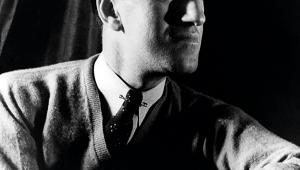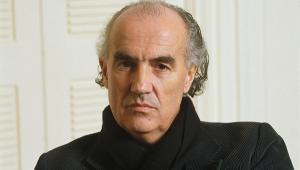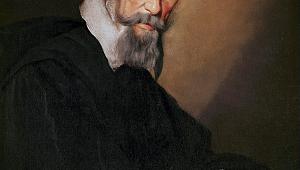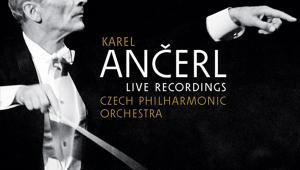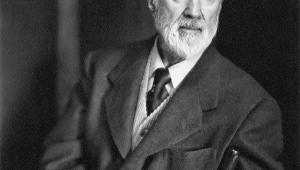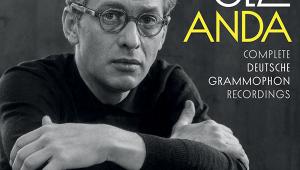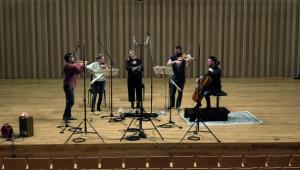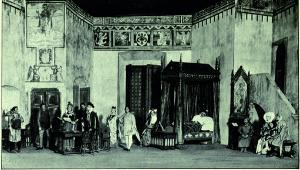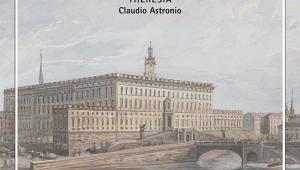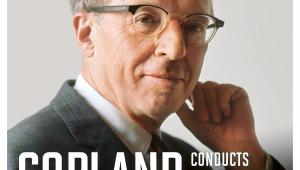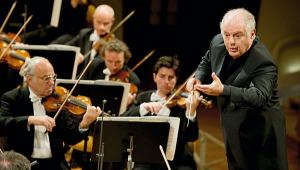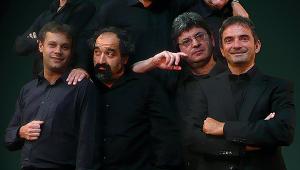Sir Malcolm Sargent: Conductor
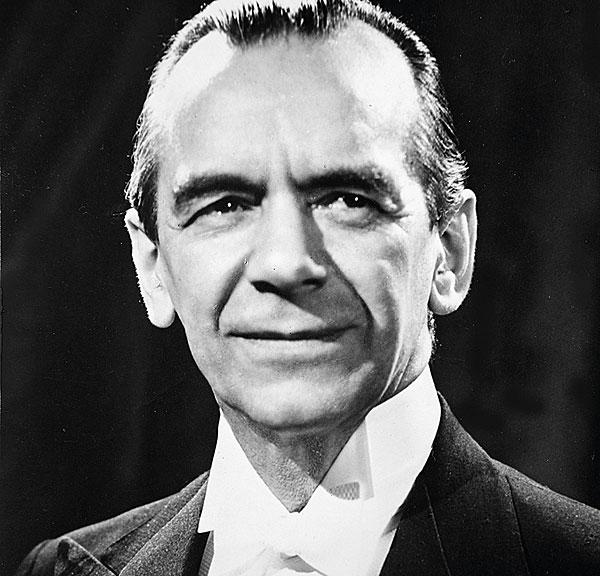
Herbert von Karajan? A sort of musical Malcolm Sargent.' It was a typical Beecham putdown, even though he admired his younger colleague's skill with choral forces, and was assisted by him in 1932 when Beecham was creating his London Philharmonic Orchestra.
In his heyday, when his name was synonymous with The Proms – his immaculate turnout earning him the name 'Flash Harry' – Sargent was socialising with royal family members. But he came from a modest background: his father was a coal merchant but also an amateur church organist. Brought up in Stamford, Malcolm (born on the 29th of April 1895) took up the same instrument, winning a Royal College of Organists' diploma at 16.
By then he was involved at rehearsals in Stamford for Gilbert & Sullivan productions (he would later record a series of their comic operas for EMI). Aged 24, he became the youngest musician to receive a doctorate, from Durham University.
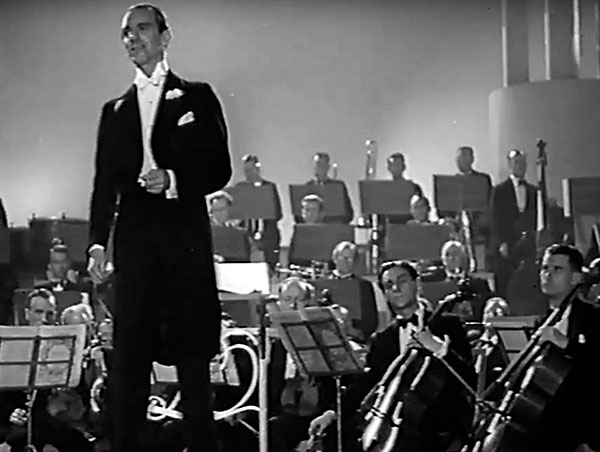
Sargent had also studied composition and won his first break as a conductor when a piece he had written in 1921, Impression on a Windy Day, was due to be presented by Sir Henry Wood, who then asked Sargent to conduct it instead, at a Queen's Hall Orchestra concert in Leicester. Sir Henry was sufficiently impressed that he invited Sargent to make his Proms debut in October that year.
Impression was also given during the 1923 Proms season, but then Sir Henry suggested he ought to concentrate his efforts on conducting. In 1922 Sargent had formed his own amateur orchestra in Leicester and was able to attract international soloists. Moiseiwitsch was one, then tutoring Sargent in piano technique; they continued to work together over 40 years. Their performances of two Rachmaninov Piano Concertos are on YouTube [No 1 Philharmonia, 1948; No 2 BBC SO, '56].
When Sargent took over the Proms, he and just two colleagues gave all the programmes; later we had a roster of international figures. Knighted in 1947, Sir Malcolm Sargent made his last Prom appearance in 1967, when he gave the customary farewell speech but was too ill after pancreatic cancer surgery to undertake the actual final concert. He died on 3rd October.
Sparking Resentment
Back in 1929 he directed a series of Courtauld/Sargent concerts aimed at younger audiences – he was recommended by the pianist Artur Schnabel and they recorded the Beethoven Piano Concertos together for HMV, starting in 1932.
He was appointed Sir Adrian Boult's successor at the BBC Symphony Orchestra in 1950 (a seven-year tenure), having previously worked with the Ballets Russes, British National and D'Oyly Carte Opera Companies, the Liverpool Philharmonic and Hallé Orchestras.
A notorious Telegraph newspaper interview he had given in 1936, suggesting that no orchestral musicians should expect the job 'for life', meant that some resentment pursued him. And he demanded high standards – although Boult thought Sargent had 'enormous potentialities, but never troubled to improve on a successful interpretation'.
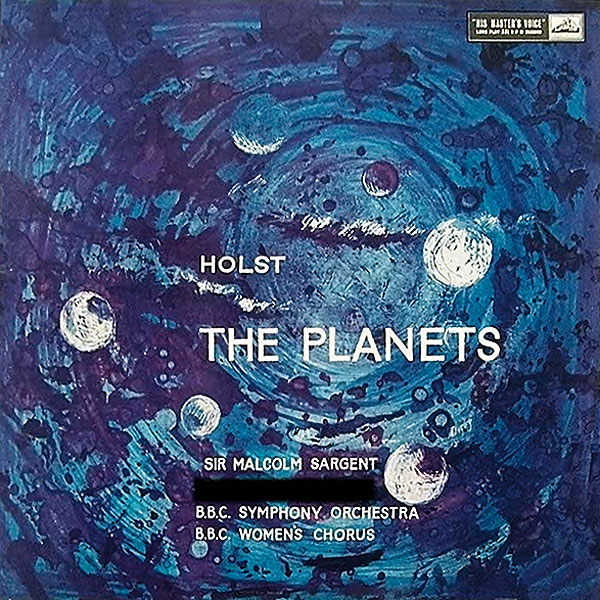
Sargent had a wide-ranging repertoire, with world premieres including Vaughan Williams's Symphony No 9, 'Hugh the Drover' and 'Sir John in Love', Walton's Belshazzar's Feast and ill-fated Troilius and Cressida, and Holst's At the Boar's Head.
I saw him three times, most memorably in an early account of Vaughan Williams's Sinfonia Antartica. And the broadcasts of Beethoven's Eroica and Ninth Symphony, Tchaikovsky's Pathétique and Walton's No 1 were a part of my musical education. But that was all a long time ago. What remains of importance today?
There's little extant footage, but excerpts from a wartime film of Beethoven's Symphony No 5 with the LPO show his debonair podium presence and unmistakably clear gestures – and you can hear him speak as the hall manager interrupts to say a bomb has exploded nearby! There's also the Delius Koanga interlude 'La Calinda' introduced to a young audience [LPO, 1945].
One historic recording came in 1946 when Sargent conducted Britten's then new Young Person's Guide to the Orchestra for an educational film with original narration scripted by Eric Crozier. The orchestra there was the LSO but Sargent's Columbia 78s [Naxos 981092P; download only] were with the Royal Liverpool Philharmonic – they had given the first concert performance in Oct '46.
Is there one recording that shows Sir Malcolm at his compelling best? Yes, but it's not in the catalogue – never was. It is a live performance of Elgar's Symphony No 2, given with the BBC SO at Colston Hall, Bristol, in 1964. It came as a BBC Music cover CD [BBC MM280] and by chance I managed to pick up a sealed copy at an Oxfam shop just outside London. It was this performance that made me think the Larghetto was one of the greatest slow movements in all symphonic music…
Quite recently I was listening to the Sargent/New Philharmonia version of Walton's Symphony No 1, issued in the very same month as the Previn/LSO (which the composer preferred), and now part of a Warner set [6805012; download only – see also Essential Recordings]. Sargent's is a more dour account and I wondered if he was intent on masking the composer's relative immaturity as a symphonic writer.
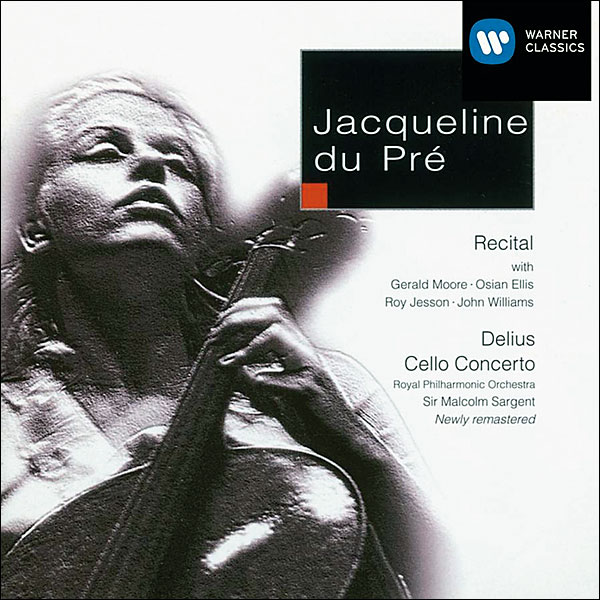
Unfinished Cycle
Malcolm Sargent spent 40 years with the Royal Choral Society and his early reputation was founded on his preparation of such works as Messiah, Belshazzar's Feast and Hiawatha's Wedding Feast – in staged performances at the Royal Albert Hall. He recorded Sibelius with the VPO in 1961 (which had little empathy with the music) but more persuasively with his own BBC SO [see boxout below] – sadly, with the composer's death, EMI shelved plans for a complete cycle of all seven symphonies with Sargent.
He obviously formed a bond with Jascha Heifetz, undertaking the Elgar Violin Concerto for RCA in 1950 [Naxos 8.110939], plus concertos by Bruch, Mozart and Vieuxtemps.
Replacing a 1954 Decca mono Holst Planets Suite [now a Pristine transfer] Sargent made the first stereo recording at Kingsway Hall for EMI [now Warner/CfP 5859132; download only]. His RFH 1965 live version [IMP now deleted] was more fallible – see 'Peter's Planets' website for details of all versions.
Shown above, the Delius Cello Concerto was Jacqueline du Pré's first recording with orchestra.

